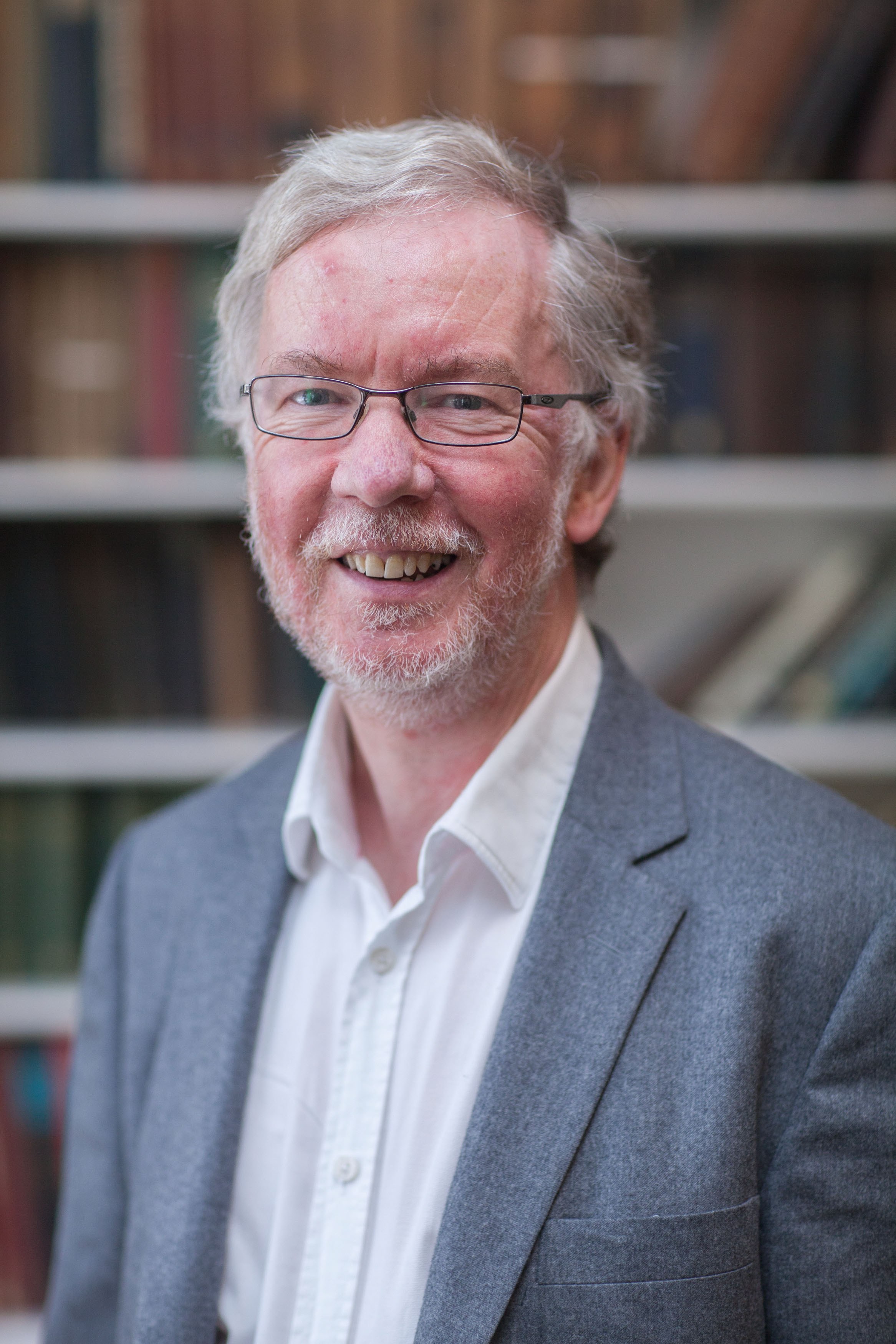
When Brian Clegg says you’re a bit of a dinosaur it turns out he’s being literal rather than rude. One of the topics he’ll cover in his Big Bang talk (Thursday, 4 March, 7.30pm) is the atoms in our bodies have been around for billions of years and have been part of many other creatures – so we all have an inner T Rex. We asked him a few questions about his new book What Do You Think You Are? and this is what he told us:
1) Tell us a little about why you wrote What Do You Think You Are?
A while ago I wrote a book called The Universe Inside You (www.universeinsideyou.com), which uses your body as a starting point to understand better how the universe around us works. Although What Do You Think You Are? is totally independent, the inspiration was to start at the same point - looking at yourself in a mirror - but to voyage inwards, rather than outwards, to discover what it is that makes you the individual that you are. Traditionally this has been about your family tree: I start with this, but show how limiting it is, and how there are far more important things in making you you.
2) Are there things in the book that will make people see themselves differently?
There’s plenty. One chapter looks at the atoms that make up your body. These haven’t just come into existence - you have atoms, for example, that were once in dinosaurs. The vast majority of atoms in your body are billions of years old - many of them forged from lighter elements in the stars, others (primarily the hydrogen), over 13 billion years old, formed relatively shortly after the Big Bang. Then, for example, there’s your consciousness - the inner you. We discover how much of the way you operate is not conscious - whether you are typing on a computer, driving a car or looking at the world around you. And, for that matter, we discover how misleading the old nature versus nurture debate can be.
3) Explaining science isn't easy - does it help that you also write fiction so have a love of storytelling?
I’ve always written, and started primarily doing so by writing fiction, long before non-fiction writing became my day job. We are storytelling animals - it’s how we relate to the world around us. And just because a book is about science, doesn’t mean it doesn’t involve narrative. I think the two keys to explaining science are that storytelling urge plus a sense of wonder. I write (and read) about science because I find it fascinating and wonderful.
4) There's a lot of interest in popular science but also a lot of rejection of science - what's happening to society's relationship with science and scientists?
The relationship between science and society has gone through changes over the years. As science began to have positive effects on everyday lives from the second half of the 19th century, it began to be treated with more respect, but it’s arguable that nuclear weapons and the fear they produced in the 1950s and 60s cast the first modern major seeds of doubt about science. The fact remains that science has made our lives far better than earlier generations, something we see strongly reflected in the dependence on science to help us cope with the current pandemic. At the same time, science and technology has made it easier to communicate on a peer-to-peer basis, which has resulted in bubbles of misinformation, often driven by social media. I think, however, that the pandemic has made many of realise just how important scientific research and technological capabilities continue to be.
5) What are the top popular science reads that you would recommend?
There are so many. I have a website www.popularscience.co.uk carrying reviews of popular science books - a starting point would be the five star reviews there. A few relatively recent favourites have been Paul Nurse’s What is Life?, Jim Al-Khalili’s The World According to Physics and, though it’s more technical, David Spiegelhalter’s The Art of Statistics, which is so relevant to today’s situation where we are bombarded by medical statistics.
6) You've looked at where we came from, so take a punt on what we'll be like in 100,000 years.
Homo sapiens has been around for around 200,000 years so far. We have evolved a bit in that time (though not as much by some measures as chimpanzees), but are recognisably the same species. I don’t expect another 100,000 years would turn us into the bulging brained oddities that sometimes cropped up in 1950s science fiction. Biologically, we can expect to be relatively similar. But one of the chapters of my book looks at how we go beyond biology to make ourselves the individuals we are, and we can certainly expect that 100,000 years into the future, should our civilisation survive that long (which would be a first), that we will have remarkable abilities to tailor what we can do, whether it’s in interacting between people or our technological prowess. I love science fiction, but I’m not a huge of fan of futurology. The job of science fiction is to show how humans react to new and different circumstances, not to predict the future. The only thing you can be certain about with predictions is that they will be wrong.